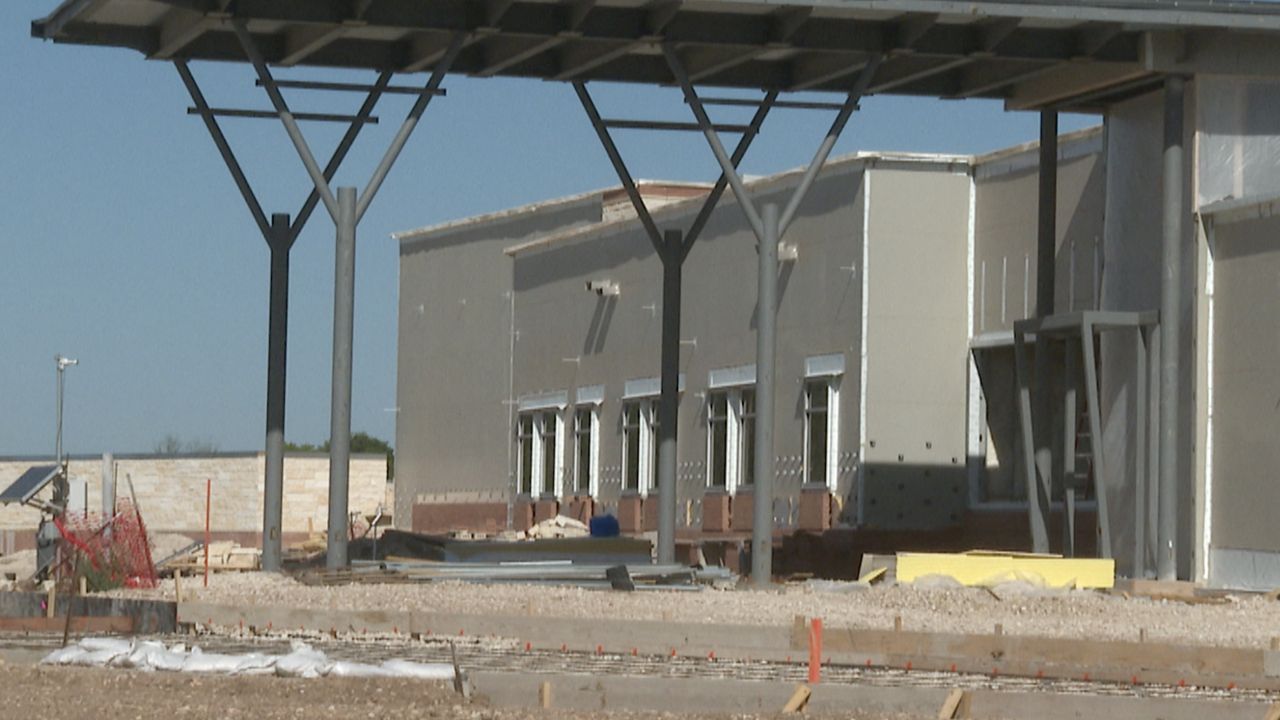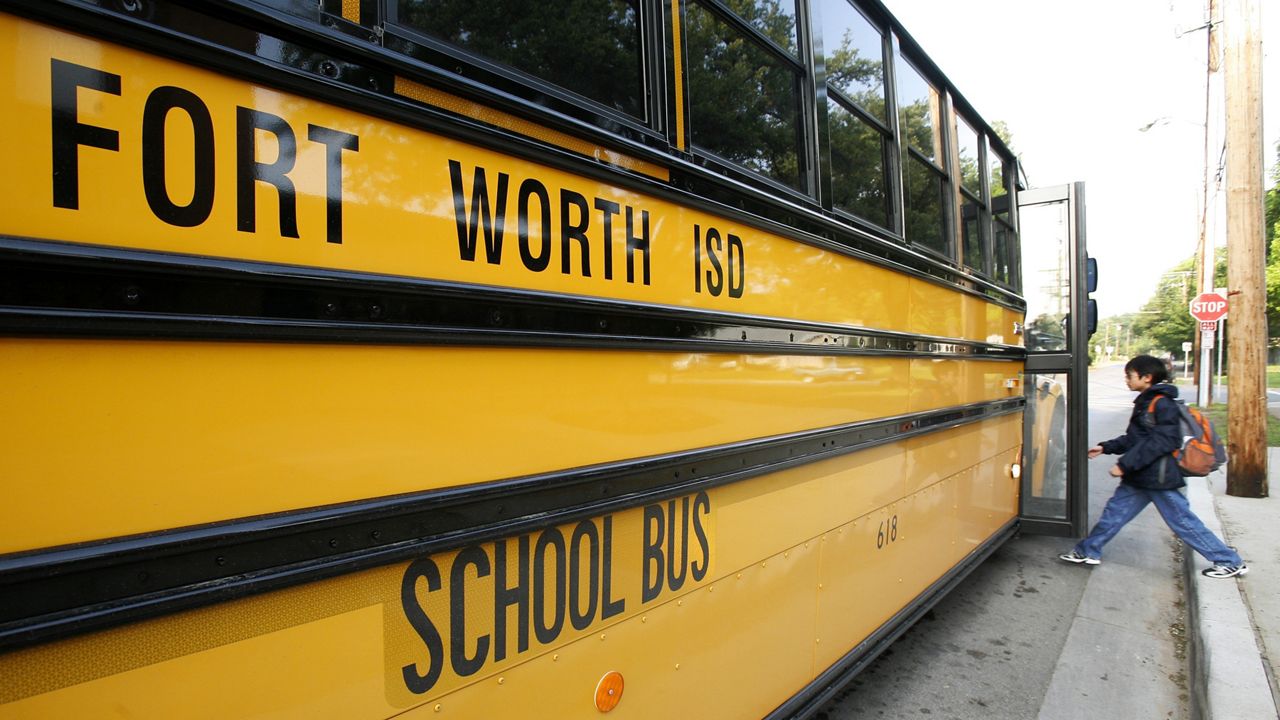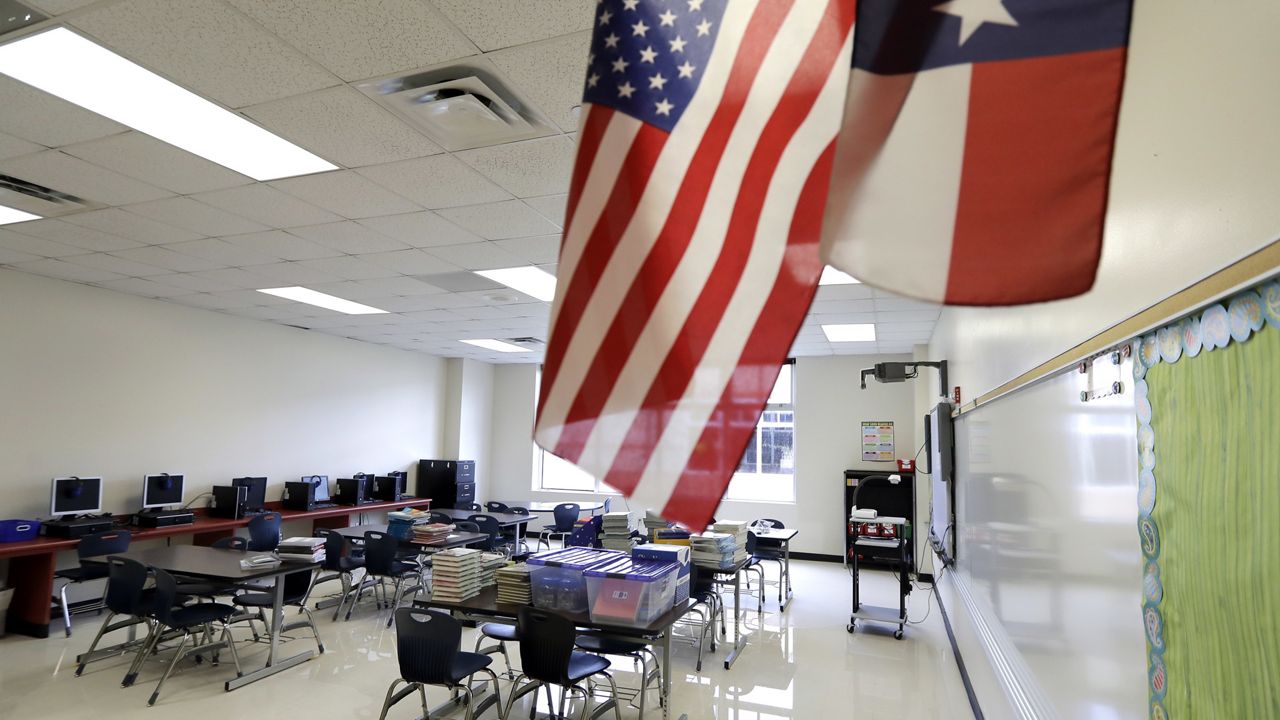WEST LAKE HILLS, Texas — Meaghan Edwards keeps a close eye on how much screen time her kids get at home, but after a phone call back in March, she wants to limit screen time at school, too.
- Parents concerned about explicit content on school-issued tablets
- EISD says several layers of filters are already on tablets
- Other parents had similar complaints last fall
“You’ve got to come here immediately something terrible has happened. Can you come to the classroom?” recalls Edwards.
Meaghan’s first grade son was discovered using a voice command to search his school-issued tablet.
"He had been accessing pornographic images through a google search,” she said.
In an email, a spokeswoman for the Eanes Independent School District insists there were several layers of web filters on the tablet already in place.
“Since we have been a 1:1 district for eight years, we have learned, we have taken feedback from parents and we have made changes along the way. In this particular case, there was not a security breach. The student was actively searching for mature adult content, and while we have several layers of web filtering technologies, not every search engine is completely foolproof,” Claudia McWhorter, Executive Director of Communication and Community Engagement at the EISD said via email.
Since this incident, the district insists it has tightened restrictions on student access.
Meaghan says it’s too little, too late.
“We thought we were a long way off from having to talk about pornography at home,” Edwards said.
In a statement, the district says the following protocols are in place:
- Block social media, pornography, mature, dating and instant messaging forums, security, violence, advertisements and online shopping
- Block access to the Apple app store and only approve instructionally approved apps
- Maintain a primary in-district web filter for grades K-12
- Block the Google Search images tab for grades K-5
- Added a second in-district web filter for grades K-5
- Turned on keyword filtering district-wide to block any search result for mature content
- Reinforce expectations for teacher supervision and use of classroom technology
Edwards still places the blame on the district.
“I didn’t want him to think we were mad at him because he’s curious. He’s a child,” she said.
Edwards said the district already knew about these vulnerabilities, and she's not the only parent having difficult conversations. A public document , put together by an Eanes ISD task force, shows similar complaints from other parents last fall.
“I’m outraged. I cannot believe that this is not an isolated incident,” Edwards said.
For the district’s part, the task force continues to serve a vital purpose.
“We have listened to parent feedback over the years - including feedback from the Digital Learning Task Force - and have made improvements throughout the years. It is a constant process as technologies evolve - both on the side of getting through our filters and on the side of implementing solutions to stop those getting through our filters.
We were aware of a few cases in the past and were thankful for the work of the DLTF to bring those to light. Since the formation of that task force in 2015, in the spirit of transparency, we made all notes and parent feedback available to the public. Most of the incidents we had already addressed when they happened, and they helped improve our system. We are saddened that a parent would use those notes and feedback as criticism since the strength of our program has been built around parent feedback and teacher leadership.
Of note, we are nationally recognized as a vanguard district when it comes to educational technology and have four campuses (including the one where the incident occurred) recognized as an Apple Distinguished School for its thoughtful approach to technology integration,” McWhorter said via email.
Eanes ISD also sent out a letter to parents about its plans to update technology in the classroom and make it more secure.
“I want a classroom without iPads for my sons,” Edwards said.
Other parents, some of whom didn’t want to go on camera, said tablets aren’t supplemental tools anymore, instead they fear the tablets are being used as rewards.
“We walk into these classrooms and the kids are just glued to the screens,” Edwards said.
Several parents are now preparing to go before the school board on May 21 to deliver the petition and appeal directly to trustees and the superintendent.
Edwards says she’ll continue working for a change.
“We want our children protected at school,” she said.











